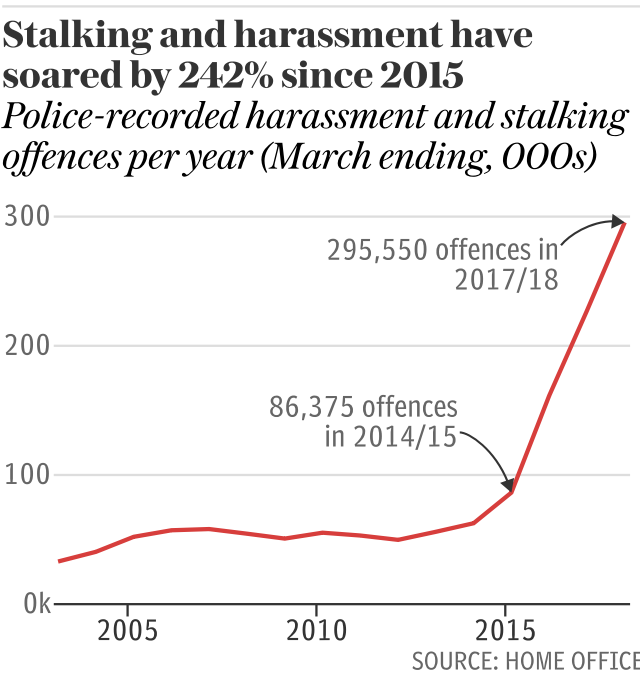Psychologist who encouraged married patient to leave her husband is struck off
A neuropsychologist who encouraged a married patient to leave her husband and took her out for lunch has been struck off.
Dr Darren Mockler, 54, touched the woman's leg and suggested they could be friends and "maybe more" while treating her and a panel found his behaviour was tantamount to grooming.
Dr Mockler was registered as a clinical Neuropsychologist in the Neuro Rehabilitation Enhanced Transition team (NETT) at Guys and St Thomas' NHS Foundation Trust.
The married mother-of-two woke up on October 5, 2015 unable to stand and was taken to the emergency department at Kings College Hospital.
She spent six weeks at the hospital and told the panel she felt completely bedbound and frightened before being referred to Dr Mockler, who diagnosed her with Functional Neurological Disorder (FND).
Dr Mockler told the patient he could treat her at home so she could be with her husband and children.
But the woman, referred to as Patient A, said her clinician conducted interviews with her in an upstairs bedroom in an otherwise empty house and she felt the need to cover her body.
He asked her about her sexual relationship with her husband and told her: "Our relationship will change. Right now we're doctor and patient, we'll move beyond that and we'll start to become friends and maybe more."
Patient A told the panel that he sometimes stood closer to her than was comfortable and occasionally touched her leg.
She said "every session required husband bashing" and he told her that she needed to be more assertive with her family and suggested what she should write in emails to them.
The married woman claimed she is now estranged from most of her family and her sister had stopped talking to her.
Patient A said the psychologist took her out to lunch on the last day of her treatment, February 5, 2016.
She chose the restaurant because Dr Mockler said he wanted to go somewhere quiet and he ordered an expensive bottle of wine during the meal.
Patient A told the hearing she felt very awkward and felt like they were "a couple out for an intimate meal". She said they were sitting close together and she felt like Dr Mockler was staring at her.
She insisted she "did not really understand the nature of their relationship at that time and she did not want to be there".
According to a ruling released by the HCPTS the married woman said her relationship with Dr Mockler "felt odd from the start".
The ruling stated that from the outset Dr Mockler was "very informal, relaxed and jokey", which added to the patient's worries about the lack of professionalism.
"It did not seem that there were any boundaries. She also described the Registrant's behaviour as 'flirtatious'," the ruling continued.
"She was disturbed by his attempts to drive a wedge between her and her husband. She was disturbed by the frequent intimate questions he would ask about their sexual relationship.
"She was disturbed by his desire to conduct therapy sessions upstairs in her bedroom, which she declined, instead choosing to use her daughter's bedroom.
"She was disturbed by his physical closeness and invasion of her personal space and also his touching her on the leg as described above. She also felt distinctly uncomfortable being taken out to lunch by Mockler and she felt his comments...suggested he was interested in a romantic and/or sexual relationship with her."

Dr Mockler also asked her to appear in an article in the GiST (Guy's and St Thomas' magazine) to share her experience of FND and she was interviewed by a journalist.
In Dr Mockler's sole correspondence with the HCPC, a letter dated January 9, 2018, he denied all allegations as well as that any of his actions had been sexually motivated. He also denied taking her to lunch.
But the panel found the patient's evidence to be "clear and compelling" in terms of the psychologist telling her to leave her husband.
The ruling concluded there was a developing pattern of behaviour by Mockler which amounted to "an element of grooming".
"It was more likely than not that Mockler encouraged the patient to leave her husband and by doing so breached professional boundaries," it said.
The panel concluded that the need to protect the public outweighed Mockler's interests and that only a striking off order would adequately protect the public.

 Yahoo News
Yahoo News 